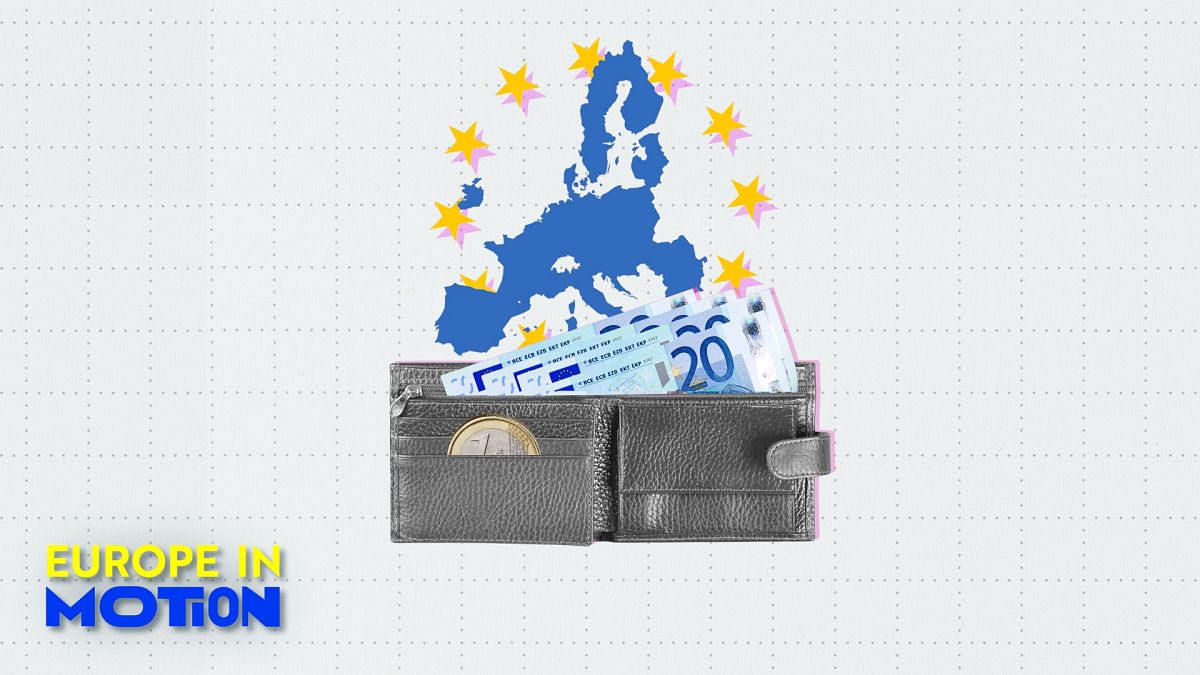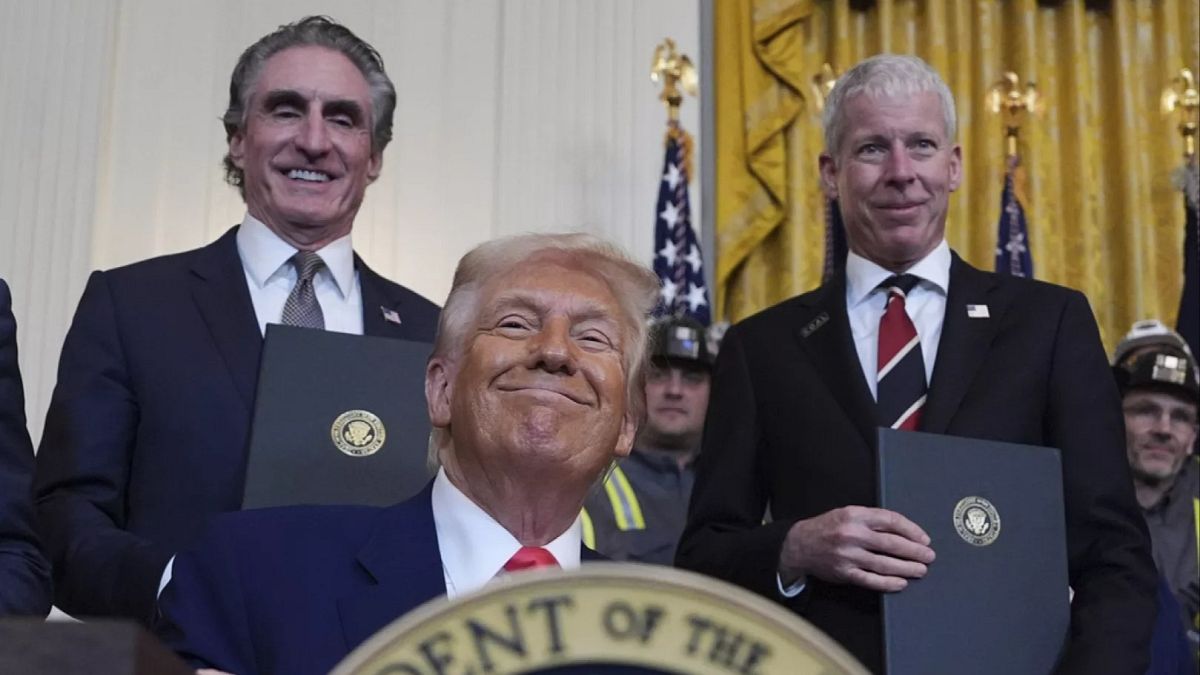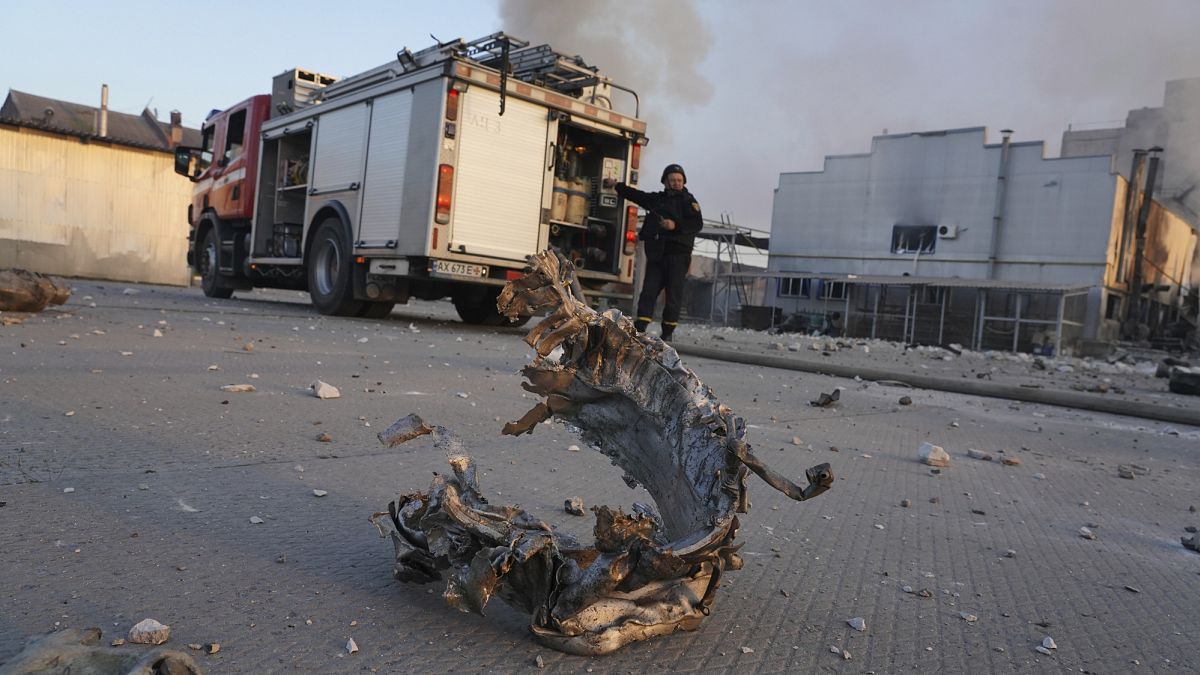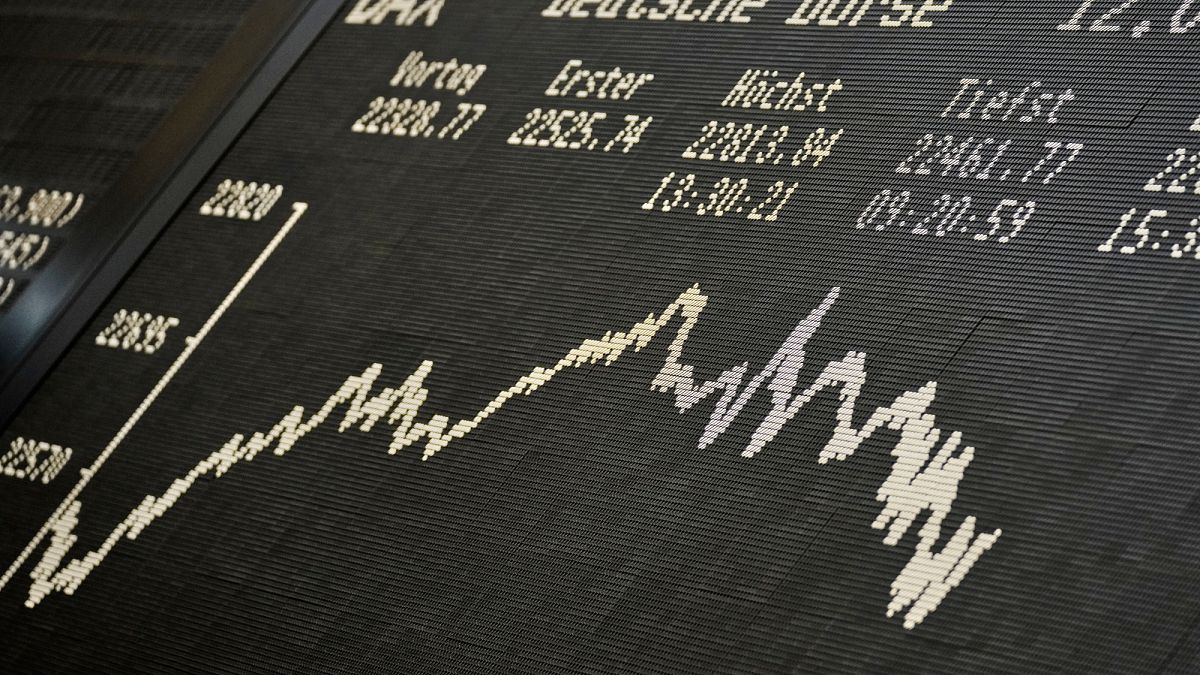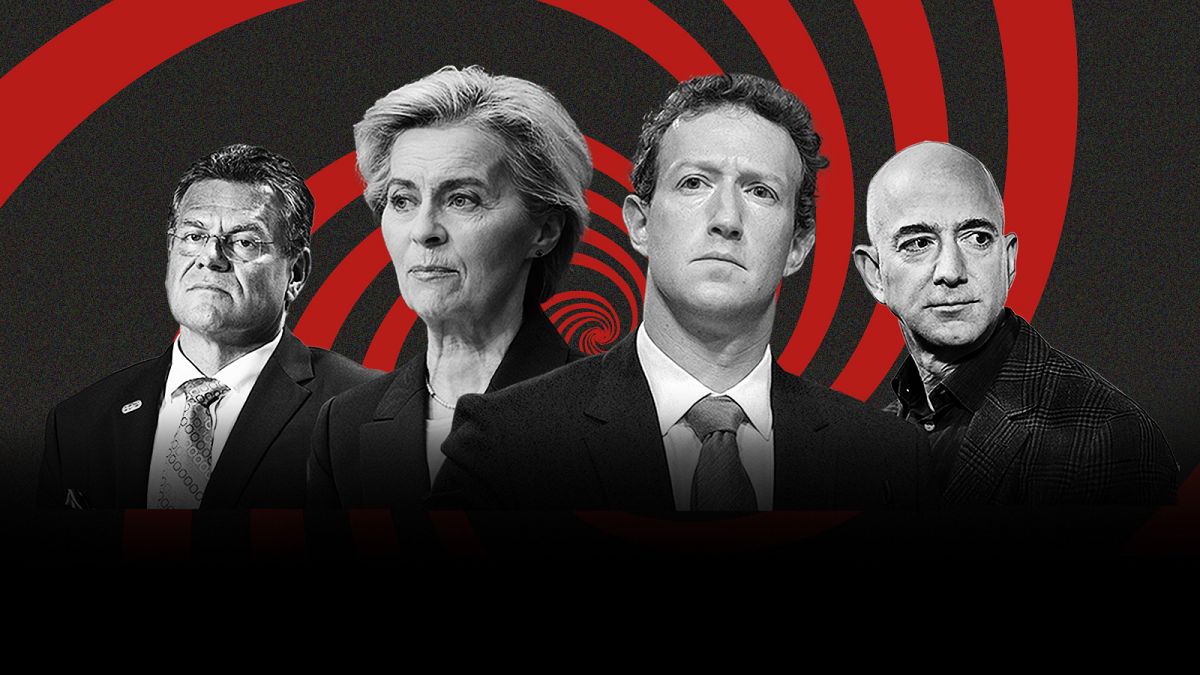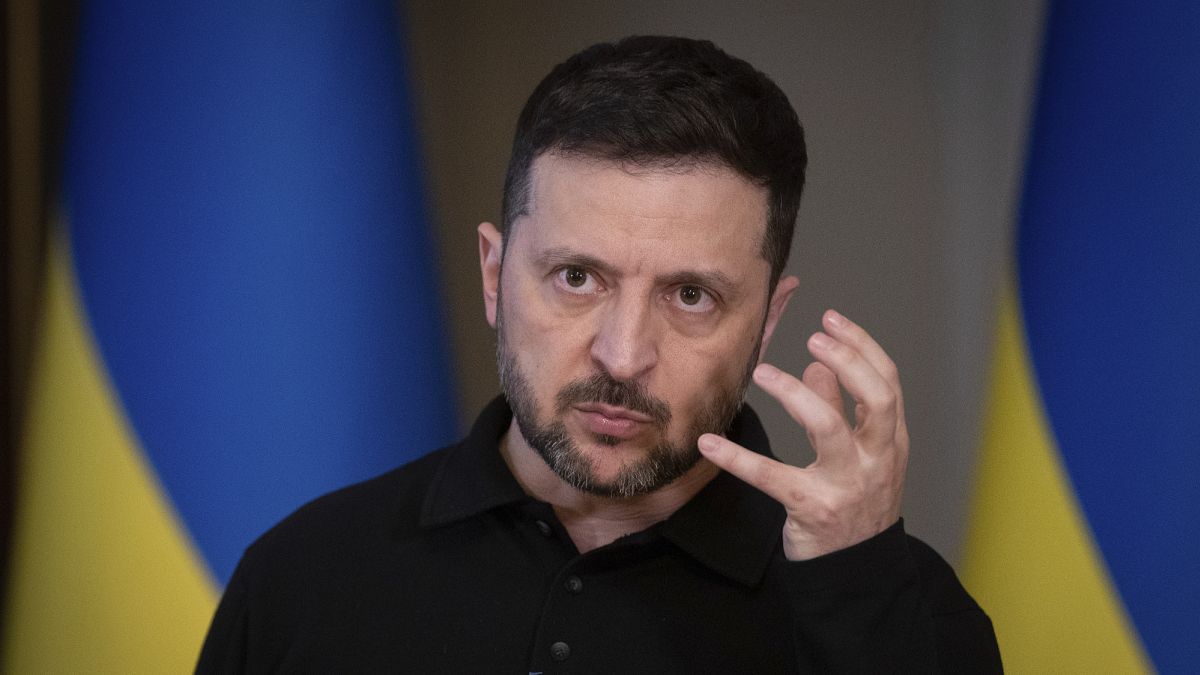Donald Trump’s assertion that US food is safer than its European counterpart is baseless, says the EU’s top food safety official, who insists the bloc’s standards are non-negotiable and cannot be used as a tactic in trade talks.
In a recent attempt to justify now-paused tariffs on agricultural products, the US President claimed that imported food, including from the European Union, is unsafe for American consumers and fails to meet US standards.
“They’re uninspected. They may be very dirty and disgusting, and they come in and they pour in and they hurt our American farmers,” Trump declared in March addressing Congress.
Bernhard Url, executive director of the European Food Safety Authority (EFSA), has strongly rebuffed these remarks in an interview with Euronews.
“If Mr President was referring to EU food, he’s simply wrong. This cannot be food from the European Union, certainly not,” Url said.
According to Url, the EU’s high standards are ensured by thorough inspections, strict enforcement of food laws, and the scientific oversight provided by EFSA.
Based in Parma, EFSA sits at the heart of a system that monitors the food production chain, with more than five million official controls performed by member states every year.
Food safety, a non-negotiable in trade talks
Following Trump’s announcement of a 90-day tariff truce, the European Commission now faces a new round of difficult negotiations aimed at preventing a broader trade conflict.
Some in Washington hope Europe will agree to increased imports of US agricultural goods to ease tensions.
However, food safety is expected to be a major sticking point. The EU considers certain US practices, such as the use of growth hormones in beef, insufficient labelling of genetically modified organisms (GMOs), and the washing of poultry in chlorine, to be public health risks.
Url made it clear that no amount of pressure would persuade the EU to lower its food safety standards.
“I’m absolutely sure: food safety standards are not negotiable,” he said. “We have our European standards, the highest in the world, and they will stay that way. There may be other trade issues to address, but food safety is off the table.”
A system that works
EU food policy takes a more precautionary approach, focusing on long-term safety. By contrast, US regulations are often more risk-tolerant and economically driven. For instance, animal welfare standards in US factory farming are generally lower, prioritising cost efficiency.
Europe’s recent handling of avian influenza outbreaks demonstrates the strength of its food safety systems, Url argued.
While the US is currently facing a growing outbreak of bird flu spreading into dairy herds across 17 states – with around 70 human cases reported – Url noted that Europe, despite having denser animal populations and being more exposed to migratory birds carrying new virus strains, has managed to keep the situation under control.
“Europe is a good example,” he said. “We start from a more challenging position than the US, but we have it [avian flu] under control.”
He also pointed to the swift response to a 2025 resurgence of foot-and-mouth disease, which was quickly contained in Germany and is now being managed by veterinary authorities in Hungary and Slovakia, with Austria also preparing precautionary measures.
EFSA, Url explained, provides scientific advice, while individual member states are responsible for managing outbreaks. “There’s culling, protection zones, surveillance zones – all of it implemented quickly and effectively by member states,” he said.
Fighting fake news on food
Beyond Trump’s comments, Url said EFSA routinely deals with misinformation about EU-approved foods, especially novel foods like edible insects or lab-grown meat.
Url hit back against media suggestions that the EU is forcing such products on consumers.
“We only ensure that if a company wants market authorisation, the product must be safe,” he said. “Nobody is forced to eat it. It’s labelled, and consumers can decide for themselves.”
However, combating food-related fake news is resource-intensive. It requires coordinated efforts between EFSA, national governments, and the European Commission.
“We try to counter misinformation by sharing facts and data,” Url said. “It’s not easy in the world of social media, but through joint efforts, we can give people evidence, not fiction.”



